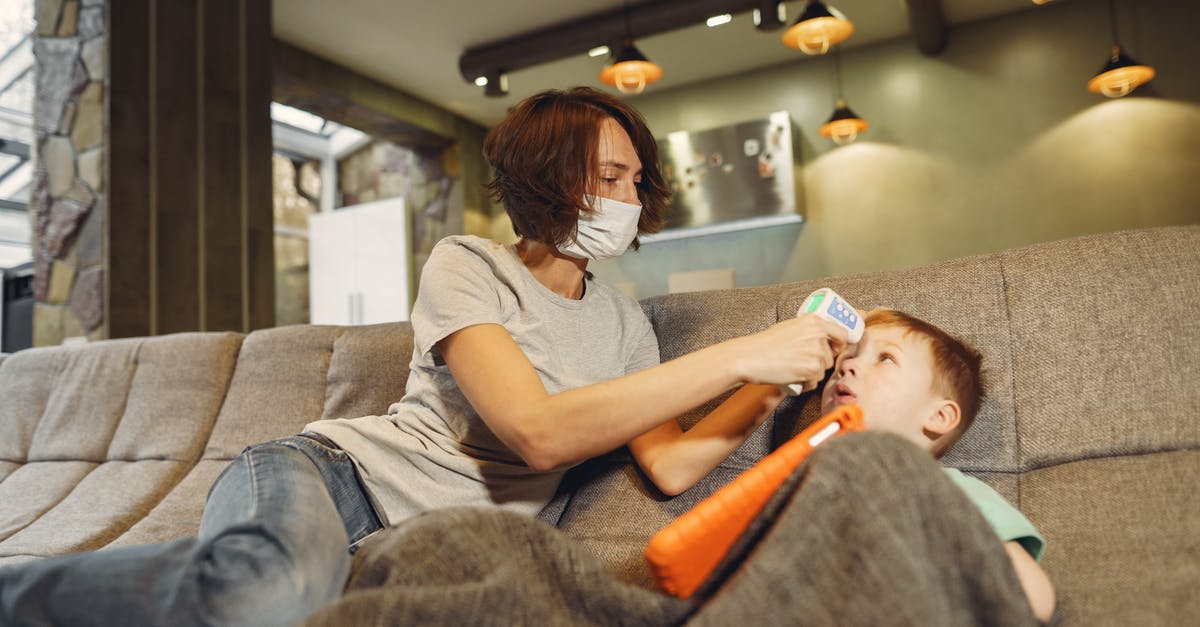Resting meat - room temperature and bacteria

Many cooks/chefs recommend resting meat. There's a saying of "rest for the same length of time it was cooked".
For steaks this is fine, a 6 or so min cooking time means 6 mins at room temp is okay. But what about a full chicken or turkey? Depending on the size, they're cooked for 2-3 hours or more. Surely it's not safe to let those sit at room temperature for 2-3 hours?
It could rest at room temperature, for example, one hour, then the remaining time in the fridge, but this makes the meat cold, and in fact loses the "freshly cooked" essence to a degree.
So if you want to rest a chicken or turkey for the 3 hours of cooking time, must half of that be in the fridge to avoid bacteria growth? Or is there a better way than the fridge which seems to make chicken/turkey a little tougher after it's been cooled?
Best Answer
There is a rule of thumb
This is not the full story
A cooked turkey should be at 72C. When you take it out of the oven it will start cooling down. As it cools into the 40s bacteria will have good conditions to grow. The turkey is sterile because of cooking but bacteria can attach to exposed surfaces. Cutting the turkey will expose more, and probably your hands will spread bacteria.
It follows that a whole turkey is safer, especially if it is covered, since the inside of the bird will have no bacteria, only the outside.
So the 2 hour rule, which states a turkey rested for 3 hours must be eaten and not refrigerated is not really a one size fits all fact. But it's a rule of thumb when you don't have a lab and culture tests. Ignoring such rules is at your own risk but you can use common sense.
At home you might happily rest a turkey for 3 hours but in a commercial setting this could violate local laws if you kept the leftovers and someone got sick, you wouldn't have a defence and could be criminally liable for failing to follow defined rules. Most commercial health and safety rules err on the side of being more conservative than is necessary, because a dry turkey is better than people getting sick and suing you. Remember that bacteriology is about numbers and we might talk about 6.5D reductions (10^6.5) and McDonalds might use a higher level, and an expensive restaurant is almost certainly on a lower level as shown by many food poisoning cases in fancy restaurants. That's because McDonalds have a huge number of customers so even 1 in 10 million getting sick might be too much for their lawyers, whereas if you are cooking at home then you won't even eat that many meals in your whole life, so probably follow less stringent standards and get sick rarely.
Pictures about "Resting meat - room temperature and bacteria"



Quick Answer about "Resting meat - room temperature and bacteria"
Bacteria grow most rapidly in the range of temperatures between 40 ° and 140 °F, doubling in number in as little as 20 minutes. This range of temperatures is often called the "Danger Zone." That's why the Meat and Poultry Hotline advises consumers to never leave food out of refrigeration over 2 hours.How long can meat sit out at room temperature before it goes bad?
Meat. Both raw and cooked meat should not be left at room temperature for more than two hours. The Food and Drug Administration (FDA) recommends following the \u201c2-hour rule\u201d for meats and other perishable items. The warmer the room, however, the less time meat should be left out.What bacteria grows on meat at room temperature?
The organisms least affected by the conditions on meat surfaces, Salmonella and Esch. coli, are likely to be the main hazards on meat of normal pH held at room temperatures.How long can meat sit out before it starts to develop bacteria?
This range of temperatures is often called the "Danger Zone." Never leave food out of refrigeration over 2 hours.What happens if you leave meat at room temperature?
If a perishable food (such as meat or poultry) has been left out at room temperature overnight (more than two hours) it may not be safe. Discard it, even though it may look and smell good. Never taste a food to see if it is spoiled.Poisonous bacteria can inhabit food left under room temperature
More answers regarding resting meat - room temperature and bacteria
Answer 2
I don't think there is a consensus on how long you should rest meat, be it a turkey, chicken or steak or other meats.
Personally, I think the 3 hours is a little bit on the extreme side of it, but I don't see anything wrong or unsafe if the turkey was cooked to a good temperature.
Remember that meat will continue to carry the heat for a while and that a bigger piece of meat will keep the temperature for a longer time than a small one.
In the case of a turkey, it can keep warm (above bacteria temperature) for a while ( in a normal temperature kitchen, YMMV if you have a really cold temperature)
Anecdotal, I usually let my chicken rest for 5, 10 minutes in the cooking pan while I prepare the rest of the meal (finish up veggies, prepare the sauce...)
(disclaimer, I've not done a thorough search) USDA and the CDC don't talk about bacteria that much except when storing leftovers.
https://www.usda.gov/media/blog/2016/11/22/how-cook-thanksgiving-turkey
https://www.cdc.gov/foodsafety/communication/holiday-turkey.html
Sources: Stack Exchange - This article follows the attribution requirements of Stack Exchange and is licensed under CC BY-SA 3.0.
Images: Ketut Subiyanto, Gustavo Fring, Gustavo Fring, Karolina Grabowska


